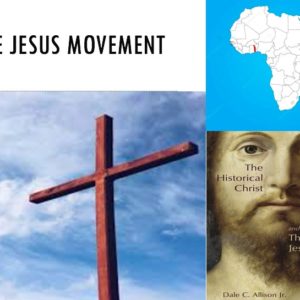
Will ’20s be ’30s? Narrative Journalism and Lessons From the Great Depression
Despite a roaring market, the U.S. Bureau of Labor Statistics projects there will be fewer jobs for the bottom 40 percent of workers in the lowest paying jobs by 2029. The top quintile? Boom times. Over half of Americans are now living in what for them is essentially a Great Depression. This kind of economic … Continued




